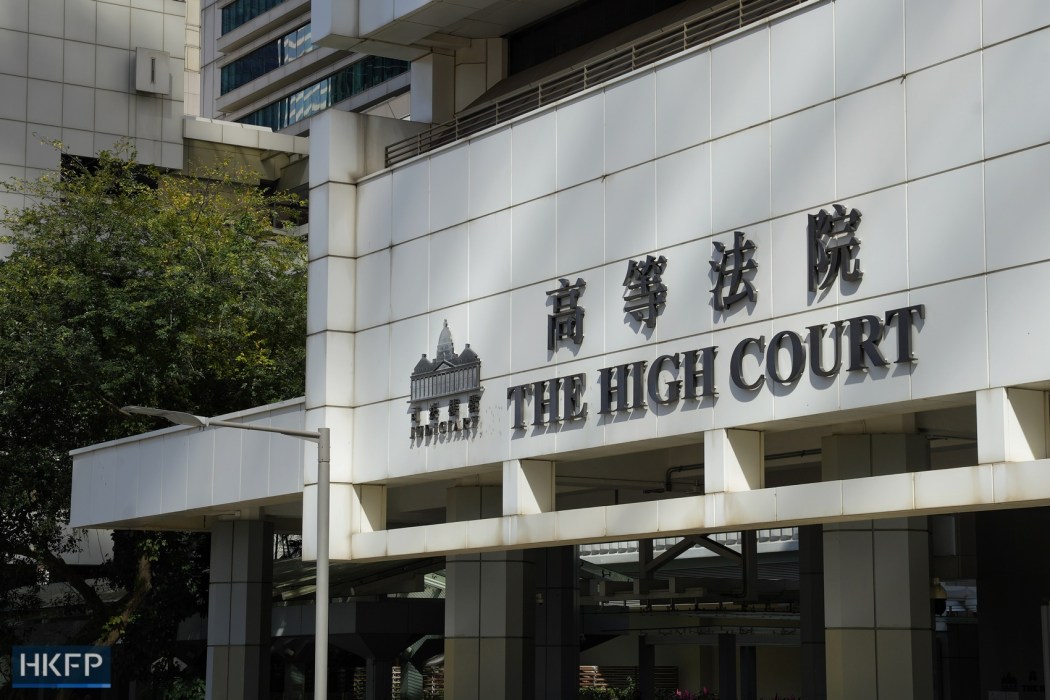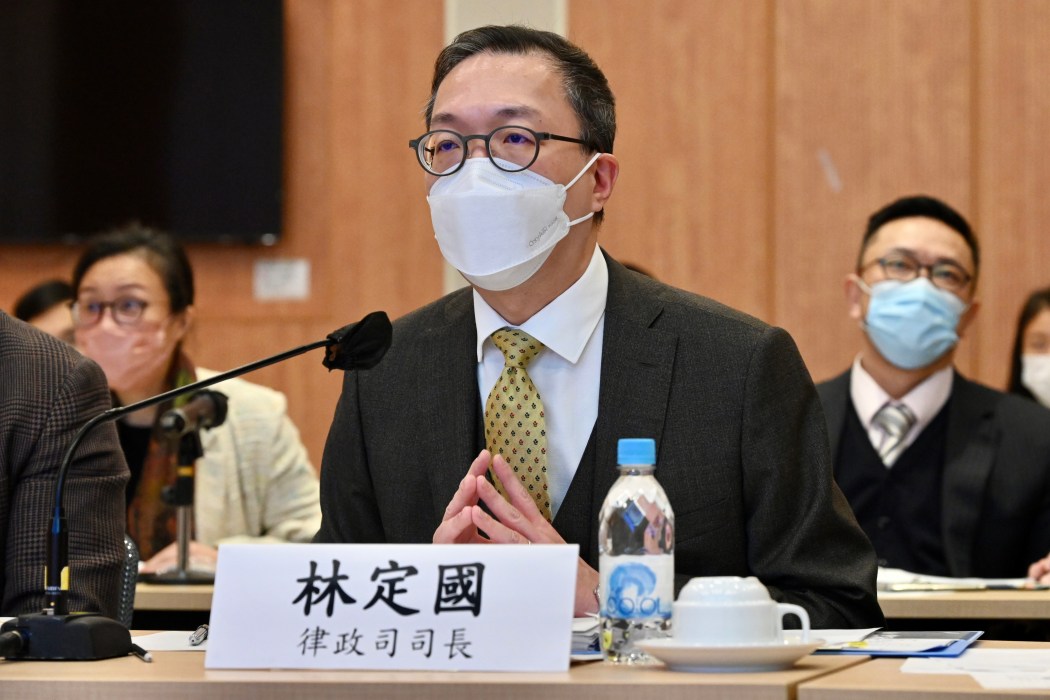Hong Kong’s “patriots-only” legislature has passed a bill which broadens the Department of Justice’s powers to appeal cases, including not-guilty verdicts in national security trials, at the city’s High Court.
The Legislative Council (LegCo) passed the Criminal Procedure (Amendment) Bill 2023 on Wednesday by a show of hands.

The bill, once enacted, will allow the justice department to appeal “no case to answer” decisions in jury trials at the High Court, in which judges have ruled there was not sufficient evidence to justify a trial.
During trials, judges must decide whether there is a “prima facie” case, meaning whether the evidence provided by the prosecution is sufficient for the case against the defendant to proceed. The ruling is usually made before the defence presents their case in court.
The amendment will also allow the DoJ to appeal against not-guilty verdicts in non-jury trials under the Beijing-imposed national security law. To date, no one tried under the national security law has been acquitted of their charges, nor has any case involving the security legislation been tried with a jury.
Under the sweeping security law, Hong Kong’s justice minister has the power to order a non-jury trial in cases handled at the Court of First Instance. Non-jury cases are heard by a panel of three designated national security judges instead.

Currently, Court of First Instance decisions to acquit defendants, even in national security cases, cannot be challenged by the prosecution. The justice department may raise questions of law to the court of appeal if it disagrees with the court’s decision, but the appeal court’s ruling would not impact the initial not-guilty verdict.
Under the amendment, the prosecution can ask the court to remand the defendant pending appeal. The media will also be barred from reporting on the legal proceedings that arise from the appeal, although the court can order reporting restrictions to be lifted.
Secretary for Justice Paul Lam said at the legislature on Wednesday that the bill plugged loopholes in the existing laws.

“There are views that the spirit of the rule of law should allow both the prosecution and the defendant to have the means to appeal their case. Therefore the bill has made the city’s criminal law more wholesome, and strengthened the procedural justice in criminal trials,” said Lam.
In June 2020, Beijing inserted national security legislation directly into Hong Kong’s mini-constitution – bypassing the local legislature – following a year of pro-democracy protests and unrest. It criminalised subversion, secession, collusion with foreign forces and terrorist acts, which were broadly defined to include disruption to transport and other infrastructure.
The move gave police sweeping new powers, alarming democrats, civil society groups and trade partners, as such laws have been used broadly to silence and punish dissidents in China. However, the authorities say it has restored stability and peace to the city.
Support HKFP | Policies & Ethics | Error/typo? | Contact Us | Newsletter | Transparency & Annual Report | Apps
Help safeguard press freedom & keep HKFP free for all readers by supporting our team
























